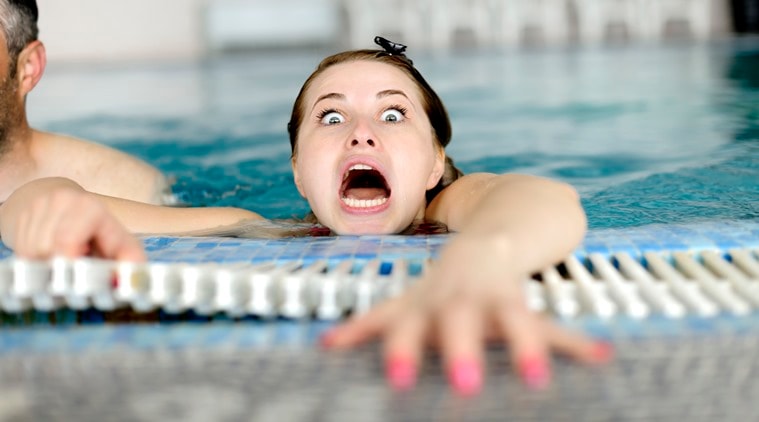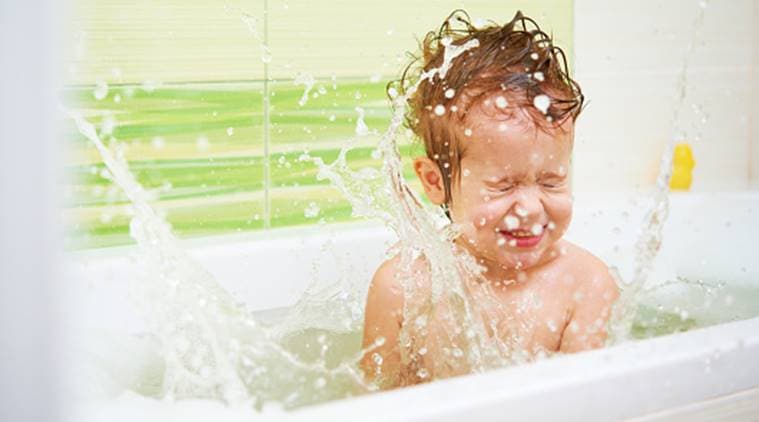Home » Health News »
Does water make you feel anxious? Here’s what you need to know about Aquaphobia
Anxiety, increased heart rate, breathlessness and the fear of dying – even if the situation does not present any such threat, are some symptoms associated with the condition.

Have you ever felt anxious by the thought of water or large water bodies? Or broke out in a sweat when you heard the roaring waves by the beach side? For all you know, these could be symptoms of Aquaphobia.
Defined as the fear of water, aquaphobia is a psychological condition where those affected have an aversion and hold great fear towards water. “This could be triggered as a result of past experiences such as falling off a boat, drowning in water, or having lost someone to a water body. Here, the very thought, sight, touch or feel of water can be mentally disturbing, causing people to panic and become highly restless,” explains Dr Sugami Ramesh, clinical psychologist, Apollo Hospitals, Bannerghatta Road, Bengaluru.
ALSO READ | Trypanophobia: All you need to know about the fear of injections or needles
Symptoms of Aquaphobia
Some of the common symptoms associated with aquaphobia includes anxiety, increase in heart rate, breathlessness and the fear of dying – even if the situation does not present any such threat.
For example, a patient with extreme aquaphobia will feel threat to life even in a situation where he or she is not anywhere in the proximity of water – like flying over a water body when in a flight or watching a video showing a waterfall with high definition video and audio effects. However, one must note that this condition is different from the fear of water that one experiences in the later stages of rabies.
ALSO READ | Mysophobia: All you need to know about the fear of germs
How does one develop Aquaphobia?

Aquaphobia is a fear that is most often than not seeded at childhood. Patients develop these fears when exposed to audio visual situations of water and water bodies as a child or at any other stage in adult life as well. In some cases, genetics also play a role. For instance, if a child’s mother fears something, this fear may subsequently be passed on to the child. This is also possible in situations when someone takes the position of a being a child’s role model. Though the development of aquaphobia is related to one’s childhood years, it can affect one even in adulthood – this is based on the situation and the stage in life when the fear started developing.
ALSO READ | Basophobia: All you need to know about the fear of falling
Treatment
*Overcoming aquaphobia is a gradual process and can be achieved through de-senitisation. This form of therapy involves getting the patient exposed to water more often, so that they get comfortable with water gradually.
*Getting exposed to the situation more frequently, rather than talking to the patient only through therapy situations is more effective.
*Patients need to help and convince themselves to let go of the fear. This is a gradual process and the physical presence of water is mandatory.
*A psychotherapist helps with de-sensitisation by physically exposing the patient to water, while a psychiatrist is the one who prescribes medicines.
Source: Read Full Article


